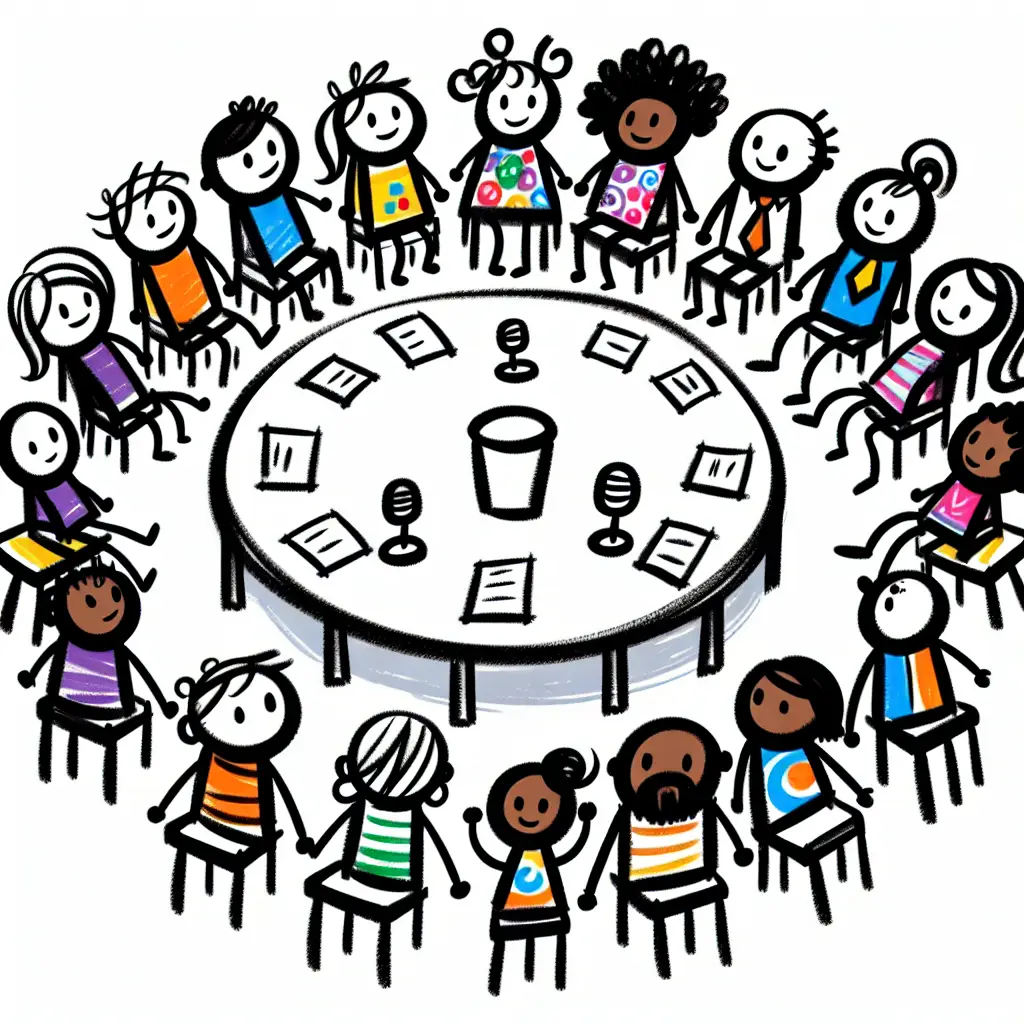Which parties could benefit from lower voting age?

Explain Like I'm 5
Imagine if every time there was a dessert choice at school, your class got to vote whether to have cookies or fruit. Now, imagine if younger kids, like your little sibling's class, also got to vote. If younger kids really like cookies more than fruit, that might mean cookies would win more often! In the real world, some people are talking about letting younger people (like teenagers) vote in big elections. If younger people tend to like one kind of "political party" (a team of leaders who share ideas on how to run the country) more than another, this team might start winning more often. Right now, it seems like the younger voters might prefer the teams that are a bit more like the "cookie lovers" – they are called left-wing parties.
Explain Like I'm 10
So, think about it this way: In most places, you have to be a certain age to vote, usually 18. Some people are discussing whether we should let younger folks, like 16 or 17-year-olds, vote too. Why? Well, younger people often see the world a bit differently than older folks. Studies show that younger voters tend to like left-wing parties more. These parties are kind of like groups of people who have specific ideas on how to make life fairer and better for everyone, especially those who need more help.
Now, if more young people start voting, these left-wing parties might get more votes because they appeal to what young people care about, like climate change and education. This doesn't mean everything will change overnight, but it could mean that these parties will have a better chance in future elections. It’s like if more young people join a game, the rules might shift a bit to include their ideas.
Explain Like I'm 15
Diving deeper into the political implications, let's discuss why there’s a push to lower the voting age and what it could mean on a larger scale. Historically, voting ages were set at 18 in most democracies, mirroring the age of majority for other legal responsibilities and rights. However, there’s a growing argument that younger people, even at 16, are informed and impacted enough by political decisions to deserve a vote.
Research indicates that these younger voters lean towards left-wing parties, which traditionally focus on progressive policies like environmental protection, social equality, and educational reform. These issues often resonate more with younger demographics, who face long-term consequences from decisions made today—think climate change and digital privacy.
If countries lower the voting age, it could significantly alter electoral outcomes. More votes for left-wing parties could lead to shifts in policy priorities—imagine more funding for schools and clean energy projects, or new laws about the internet and privacy. This isn’t just about numbers; it’s about potentially shifting the political landscape to reflect the priorities of a younger generation.
Experts are watching this closely. They debate not just the immediate effects of such changes, but how they might reshape politics in the long term. Will it lead to more engaged young citizens, or increase polarization? What we know is that the voices of younger people are becoming harder to ignore, and this could be a key step in bringing those voices into the formal political dialogue.
Want to read the original story?
View Original Source